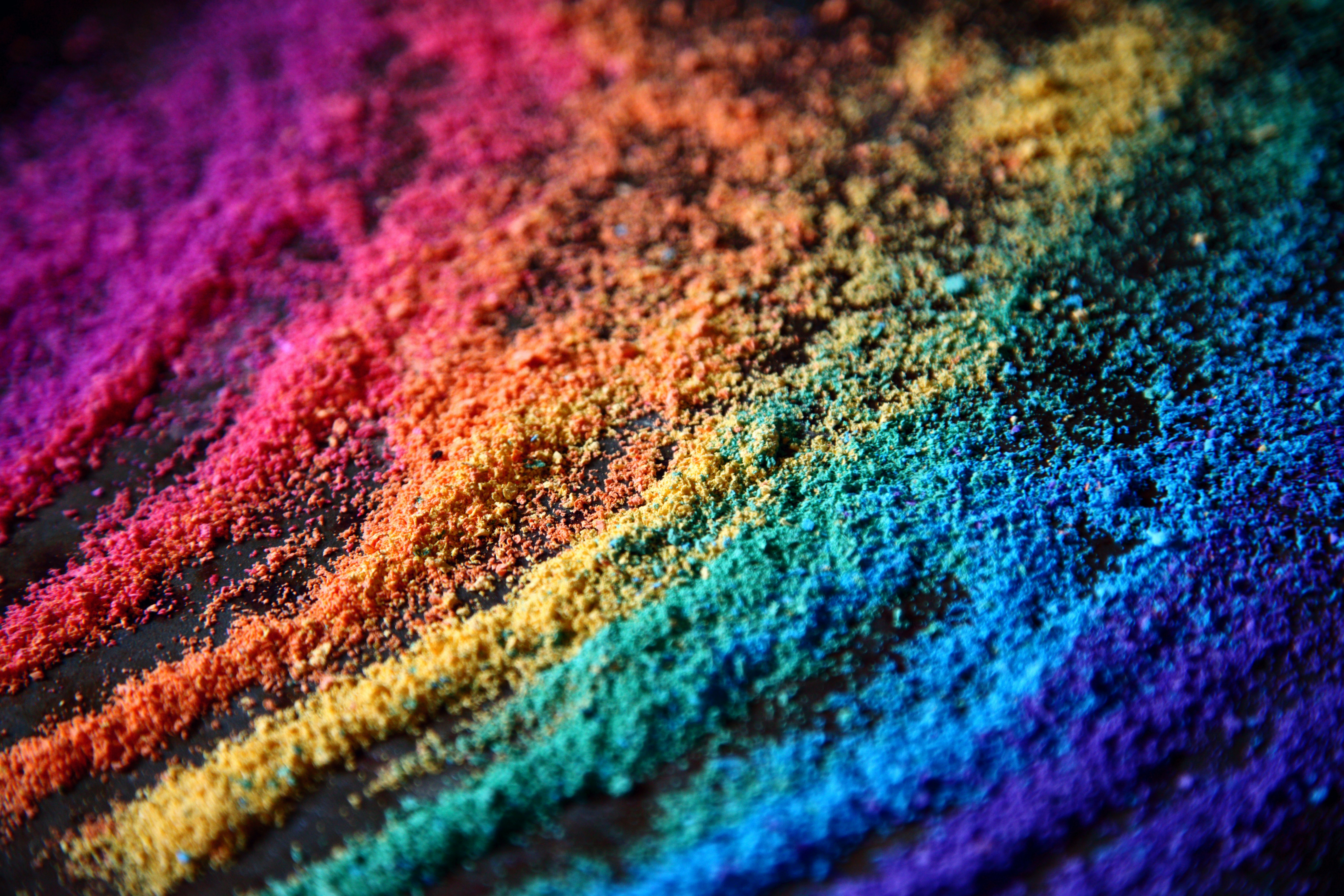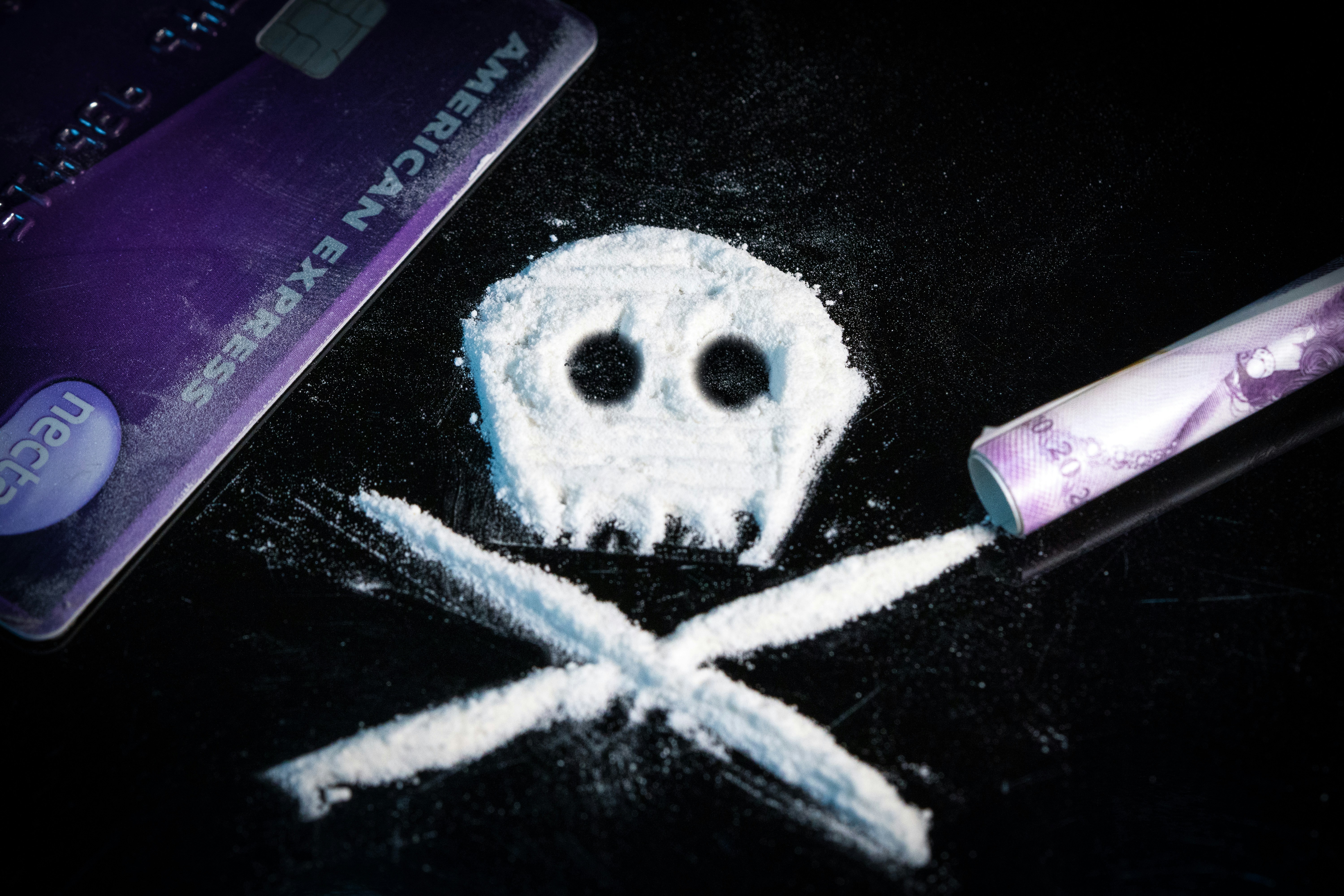What Is Nutrition?
Nutrition is the act of nourishing the body by eating food and drinking water, and it encompasses the entire digestive process from start to finish. Although its definition may seem intuitive, many individuals struggle to maintain proper nutrition during active addiction. To improve your nutrition in recovery, it’s vital to eat a diet with a healthy balance of the three primary nutrient groups :
Macromolecules – these nutrients are needed in large quantities, and are the building blocks that provide energy for daily activities, tissue repair, and growth:
- Carbs: provide energy and are the body’s primary fuel source.
- Proteins: essential for building and repairing tissues and catalyzing most bodily functions and immune system responses.
- Fats: store energy, help structure cells, insulate the body, and help absorb important vitamins.
Micromolecules – although needed in much smaller quantities, these nutrients are equally as important to maintaining good health:
- Vitamins: organic compounds, often named for letters, that regulate various bodily processes.
- Minerals: molecules or elements like zinc or potassium that are required for various functions including bone health, movement, nerve function, and fluid balance.
Water – often overlooked since it’s not a nutrient in the traditional sense, water is just as vital for life as the nutrients listed above. It’s involved in nearly every bodily process, including digestion, circulation, and temperature regulation.
A nutritious diet is one that includes a healthy balance of all important nutrients to provide the energy and essential substances for growth, repair, and proper organ function. Poor nutrition in recovery can lead to a variety of health complications like malnutrition, obesity, and chronic conditions like heart disease, diabetes, and certain cancers .
How Does Drug Abuse Harm Your Nutrition?
Addiction takes a serious toll on your nutrition. Most individuals who enter treatment experience one or more of the following complications:
- Depletion of neurotransmitters, the brain chemicals responsible for mood regulation.
- Hypoglycemia, or low blood sugar, and adrenal malfunction, which cause secondary symptoms of substance abuse like anxiety, chronic fatigue, depression, and panic attacks.
- Digestive problems, including excess yeast production, Leaky Gut syndrome, and nutrient malabsorption.
- New food allergies or intolerances, most frequently to corn, wheat, sugar, or dairy products.
- Deficiencies of key amino acids, vitamins, and minerals.
While nearly every aspect of active addiction interferes with nutrition, some substances have more specific impacts on your digestive health:
- Alcohol – alcoholism is one of the major causes of nutritional deficiency in the United States. It most commonly causes B vitamin (B1, B6, and folic acid) deficiency, which can cause anemia and brain damage. Alcohol abuse also damages the liver and the pancreas, two organs crucial to digestion that remove toxins from harmful substances and regulate blood sugar and fat absorption, respectively. Alcohol also has diuretic properties, meaning it increases frequency of urination, and is extremely dehydrating.
- Marijuana – this drug stimulates appetite. Long-term users risk becoming overweight and acquiring diabetes, and may need to cut back on fat, sugar, and calories to return to a healthy weight. This effect can also result in irregular eating patterns that can disrupt other normal cycles and lead to poor nutrient intake.
- Opioids – these substances, which include heroin and oxycodone, severely impact the gastrointestinal system, and often cause severe constipation and intestinal blockages in users. They also suppress appetite, reducing food and nutrient intake, and cause large changes to hormone levels, causing weight and metabolism fluctuations.
- Stimulants – prolonged abuse of stimulant drugs like cocaine or amphetamines, reduces appetite, leading to dramatic weight loss and malnutrition. Users may stay awake for days at a time and not eat for dangerously long periods, causing severe dehydration and electrolyte imbalance. Stimulants also increase your metabolic rate, resulting in muscle waste and constipation.
- Depressants – this is a varied class of drugs, including barbiturates and benzodiazepines, that disrupt appetite regulation – you may experience a reduced appetite, or a greater desire to eat. Because they cause sedation and drowsiness, abusing depressants leads to reduced physical activity, appetite, and muscle tone. Changes to your metabolism can also cause insulin and glucose sensitivities.
- Hallucinogens – long-term hallucinogen abuse decreases appetite, putting you at risk of malnutrition. This class of drug distorts perception, affecting food preference and eating habits due to differences in the taste, feel, and sound of food which may make eating unpleasant. They also cause states of decreased awareness in which you may become unaware of feelings of hunger or thirst and miss mealtime cues. Certain hallucinogens – particularly MDMA – raise body temperature which can lead to excessive sweating and severe dehydration.
Active addiction is incongruous with proper nutrition. By prioritizing drug use, you may forget to regularly eat food or drink water and may mistake the sensation of hunger as cravings for drugs and alcohol. Substance abuse has devastating consequences on all aspects of digestive health, which is why adopting a healthy diet helps you recover.
How Does Better Eating Lead to a Better Recovery?
Recovery is about more than getting and staying clean; it’s also about repairing the damage drug and alcohol abuse did to your body. Better nutrition in recovery can boost your sobriety at all points along your journey.
During Withdrawal
Drug and alcohol withdrawal can be difficult and painful, as your body eliminates remaining substances from your body. The most effective way to flush toxic substances from your body is by drinking plenty of fluids and eating three meals per day. This can help accelerate the detoxification process and reduce the intensity of withdrawal symptoms, as a varied diet rich in good carbohydrates and proteins, fresh produce, essential fats, and plenty of water helps minimize withdrawal symptoms. Better nutrition in early recovery paves the way for later success.
During Recovery
Healthier eating in recovery also plays a significant role in reducing the risk of relapse. Certain mood regulating neurotransmitters, like serotonin, are synthesized by amino acids, such as tryptophan, that are common in certain foods. Eating a tryptophan-rich diet can reduce aggression and irritability, improve sleep, and elevate mood by boosting serotonin production. In one study, serving opioid-dependent individuals a diet rich in tryptophan and other vital micromolecules significantly reduced cravings.
Similarly, omega-3 fatty acids help produce certain hormones that regulate impulsive behavior. Foods high in those molecules also helped improve impulsivity and anxiety in those recovering from substance abuse, reducing relapse likelihood. In her book Seven Weeks to Sobriety, Dr. Joan Larson finds that addressing nutritional deficiencies in recovering alcoholics boosted their recovery success rates to 75 percent. Addressing chemical imbalances caused by addiction is the key to recovering from substance abuse, as she found that alcoholism is caused and prolonged by poor nutrition.
How Can You Improve Your Nutrition in Recovery?
Relearning proper eating habits is essential to improving your nutrition in recovery. Start by eating three meals per day: one in the morning, another in the early afternoon, and a final one in the evening. Try to eat these meals at the same time every day, so that your body can recognize and adjust to feelings of hunger. Pay attention to the signals your stomach sends you – only eat until you feel full to avoid over and under-eating. While snacking is not recommended, carrying some healthier options, like small portions of dried fruits or nuts, can help stave off hunger pangs between meals.
What to Eat:
- Whole grains – whole, unprocessed grains like oatmeal and rice are a fantastic source of complex carbohydrates, which power your everyday activities. It takes longer for the body to digest both the outer (bran) and inner (germ) layers of the grain, keeping blood sugar and insulin levels stable over longer time. These grains, alongside most legumes, fruits, and vegetables, are rich in fiber, which helps assist in proper digestion.
- Protein – high-protein diets are critical to improving digestive health, especially in recovery. Foods like legumes, whole grains, seeds, nuts, poultry, meat, and fish supply your body with a diversity of proteins and amino acids that stabilize blood sugar levels, synthesize neurotransmitters, and keep you feeling full for longer.
- Fats – not all fats are unhealthy! In fact, good quality unsaturated fats are an important staple of a healthy recovery diet, as they restore omega-3 fatty acid levels to support brain health and mood regulation. Most nuts, seeds, and fish contain high-quality, natural fats and oils.
- Fruits and vegetables – keeping your plate colorful part of proper recovery nutrition, as fruits and vegetables are some of the most potent sources of vitamins, minerals, and antioxidants. A single large orange, for example, contains nearly enough vitamin C to meet your recommended daily intake.
- Water – although not a food, drinking plenty of water is just as important as eating right! Aim to drink around three liters of water daily to promote detoxification and proper organ function.
What to Avoid:
- Excess sugar – many recovering addicts turn to sugar in recovery for its ability to relieve temporary low blood sugar levels and food cravings. Foods rich in refined sugars, such as sucrose and fructose, include products like candy bars, baked goods, soda, which possess little to no nutritional value and can make hypoglycemia (low blood sugar problems) much worse. For a natural sugar fix, turn to fruits and natural sweeteners, and be sure to balance your sugar intake with plenty of good fats and proteins.
- Processed foods – processed foods make up large portions of our diets, and often contain unhealthy amounts of refined sugar and high fructose corn syrup, saturated fats, hydrogenated oils (think trans fats), sodium, and artificial colors, flavorings, and sweeteners. Consuming too much processed food leads to energy crashes and can negatively impact mood and cravings. Stick to whole foods and natural sweeteners.
- White flour – white flour is an over-processed food that contains little nutritional value. It is made by stripping whole grains of their vitamins, minerals, and fibers, and is found in most store-bought breads, crackers, pastas, and flour mixes. Opt for whole grain flour and complex carbohydrates instead.
- Caffeine – limit your caffeine consumption as much as possible, and stick to less-harsh alternatives like tea, to avoid affecting your sleep patterns and triggering cravings. Caffeine stimulates adrenaline production, causing anxiety and fatigue, two symptoms that act as triggers.
If you’re not getting enough nutrients even after modifying your diet, seek out a nutritionist or dietician. These professionals can take a deeper dive into your digestive health and determine whether you should take supplements, like a multivitamin or probiotic, to further boost your nutrition in recovery.
If you or a loved one is struggling with addiction, Mountainside can help.
Click here or call (888) 833-4676 to speak with one of our addiction treatment experts.

 By
By 







